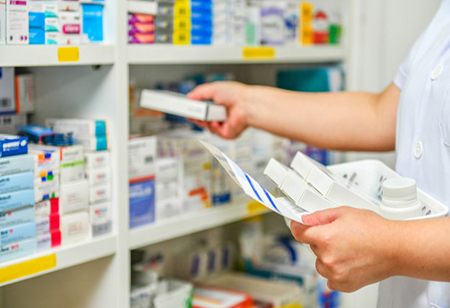India, which is one of the primary exporters of generic drugs yesterday, lifted the ban on the export of 24 medicines and pharmaceutical ingredients as was stated by government sources to the media.
The restrictions on exports of these medicines were put by the government only last month owing to the shockwave that was experienced because of the coronavirus pandemic. It started out from Wuhan, China and has claimed thousands of lives all across the world.
The decision of lifting the ban on the export of these drugs was sudden and not a premeditated on and it is not completely clear as to what led the central ministry at arrive at a decision like this.
But according to government sources, there was tremendous pressure from the US which prompted to such actions.
The decision also followed a telephone call on Saturday between Indian Prime Minister Narendra Modi and U.S. President Donald Trump. "The two leaders agreed to remain in touch on the issue of global supply chains for critical pharmaceuticals and medical supplies and to ensure they continue to function as smoothly as possible during the global health crisis," White House spokesman Judd Deere, said in a tweet on Saturday following the leaders' call.
India had put down restrictions on the exports of 26 pharmaceutical ingredients and medicines on March 3, 2020. Paracetamol and some of its other formulations accounted for two of the items that was there in the original list. The 26 active pharmaceutical ingredients and medicines accounted for 10% of all Indian pharmaceutical exports and include several antibiotics, such as tinidazole and erythromycin, the hormone progesterone and Vitamin B12.
During the telephone call on Saturday, Trump urged Modi to release supplies of the anti-malaria drug hydroxychloroquine, which is being tested as a possible treatment for patients with COVID-19 - the disease caused by the coronavirus. Trump said late on Monday in Washington that India could face retaliation for its decision to ban exports of hydroxychloroquine.
 Magazine
Magazine
